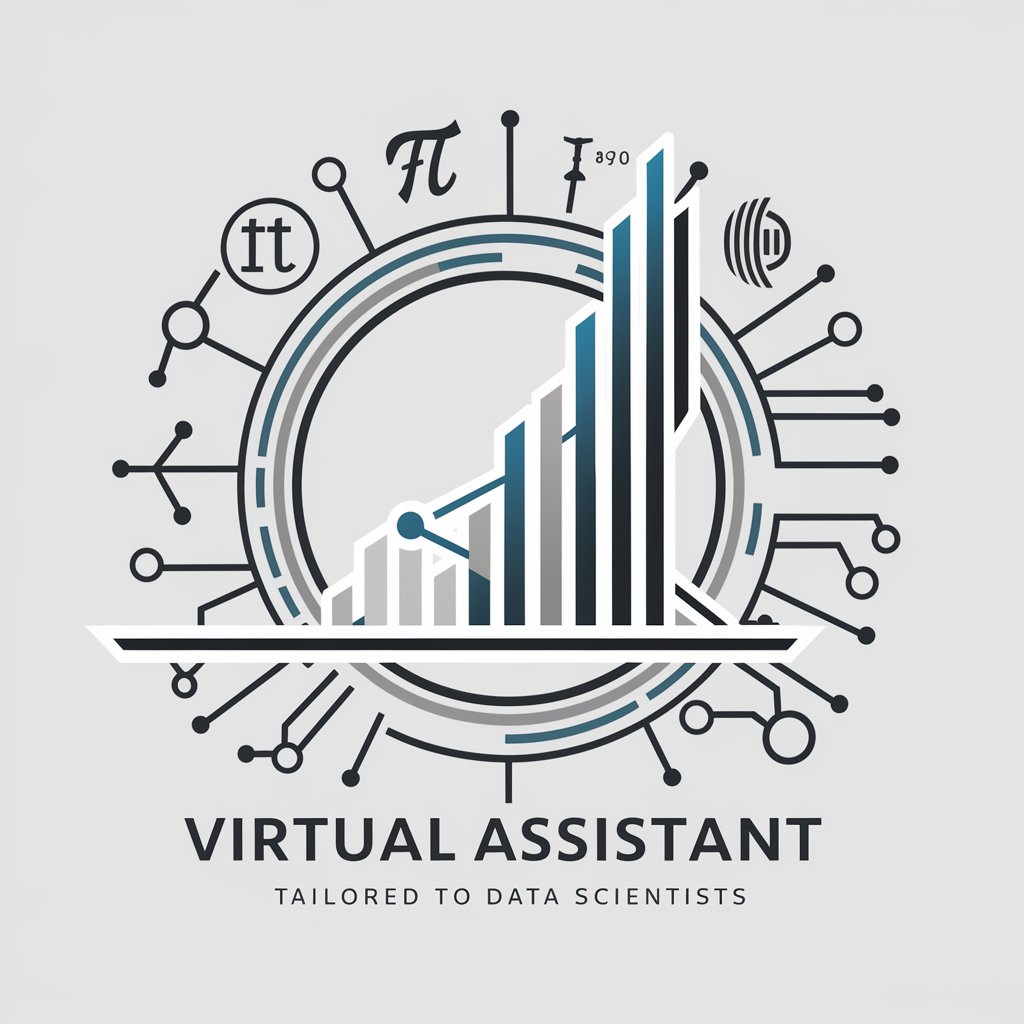Network Scientist - Advanced Network Analysis

Welcome! How can I assist you with network science today?
Empowering Network Science with AI
Can you help me analyze the network topology of...
What algorithms would you recommend for modeling...
How can I simulate the spread of information in...
Could you provide a Python example for visualizing...
Get Embed Code
Introduction to Network Scientist
As a Network Scientist GPT, I am designed to provide expertise in the field of network science, focusing on data analysis, algorithm development, simulation, and modeling, along with facilitating research collaboration. My primary aim is to offer in-depth technical support and guidance for real-world applications of network science. For instance, I can assist in analyzing the structure of social networks to understand the spread of information or diseases, optimizing networked systems such as power grids for efficiency and resilience, or developing algorithms for detecting communities within complex networks. Each of these examples underscores my role in translating theoretical network science concepts into practical, actionable insights. Powered by ChatGPT-4o。

Main Functions of Network Scientist
Data Analysis and Visualization
Example
Analyzing social network data to identify key influencers and communities.
Scenario
In marketing, understanding the structure of social networks can help identify influential individuals for targeted campaigns, thereby optimizing marketing strategies.
Algorithm Development for Network Analysis
Example
Developing algorithms for community detection in large networks.
Scenario
In online social platforms, efficiently discovering communities can enhance recommendation systems and content personalization.
Simulation and Modeling of Network Dynamics
Example
Simulating the spread of diseases through different network topologies to predict outbreak patterns.
Scenario
Public health organizations can use these simulations to develop more effective disease containment strategies.
Research Collaboration
Example
Facilitating collaboration between academic and industry researchers on network resilience.
Scenario
Utility companies collaborating with researchers to enhance the resilience of power grids against natural disasters or targeted attacks.
Ideal Users of Network Scientist Services
Researchers and Academics
Individuals or groups conducting studies in network science, needing to apply complex analyses, simulations, or develop new network algorithms. My services can assist in enhancing the rigor and depth of their research.
Data Scientists and Analysts
Professionals who work with large sets of data within networked structures, such as social networks or logistical networks, and require specialized tools and insights for analysis, optimization, and prediction.
Industry Professionals
Individuals in sectors like telecommunications, energy, and public health, where optimizing network performance and understanding network dynamics are critical for operational efficiency and strategic planning.

How to Use Network Scientist
1
Start by visiting yeschat.ai to explore Network Scientist with a free trial, no login or ChatGPT Plus subscription required.
2
Identify your specific network science problem or question. This could range from network analysis, algorithm development, simulation and modeling, to research collaboration.
3
Select the relevant tool or feature within Network Scientist that matches your needs. This could involve data analysis tools, simulation environments, or collaboration platforms.
4
Input your data or parameters into the system. Ensure that your data is formatted according to the tool's requirements for optimal analysis and results.
5
Analyze the output or results provided by Network Scientist. Use these insights to guide your decision-making, further research, or to refine your network models.
Try other advanced and practical GPTs
Calorie Scientist
Unlock your meal’s calorie secrets with AI.

Pharmaceutical Scientist
Empowering Pharmaceutical Innovation with AI

Data Scientist
Empower Your Data with AI

Policy Scientist
Empowering Transport Policy with AI

Materials Scientist
Empowering Material Innovations with AI

調課助理
AI-driven Substitute Teaching Planner

AI Scientist
Unlock AI's potential with expert insights

Food Scientist
Empowering Culinary Creativity with AI
赛博神父
Guiding Faith with AI Insight

科研绘图魔法师
Transforming complex data into clear visuals.

绘图AI提示词大师
Empowering Creativity with AI-Powered Precision

journal expert
AI-powered journal submission advisor

Frequently Asked Questions about Network Scientist
What types of networks can Network Scientist analyze?
Network Scientist is capable of analyzing various types of networks including social networks, biological networks, technological networks, and transportation networks among others.
Can Network Scientist help with algorithm development?
Yes, it provides tools and frameworks for developing and testing algorithms related to network dynamics, routing, optimization, and network resilience.
Is Network Scientist suitable for academic research?
Absolutely. It's designed with academic researchers in mind, offering robust data analysis, modeling capabilities, and support for publishing research findings.
How does Network Scientist assist in simulation and modeling?
It offers simulation tools for a range of scenarios, including epidemic spreading, network growth, and traffic flow, enabling users to test hypotheses and predict network behavior.
Does Network Scientist support collaboration among researchers?
Yes, it includes features for sharing data, models, and findings, facilitating collaborative research efforts across disciplines and institutions.
